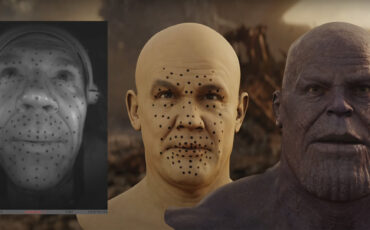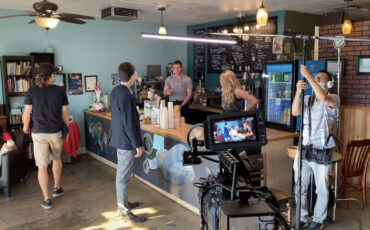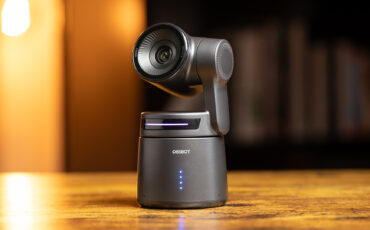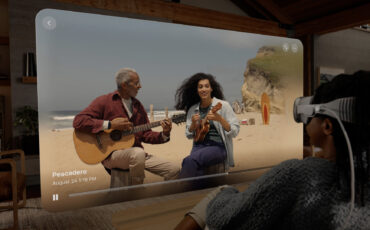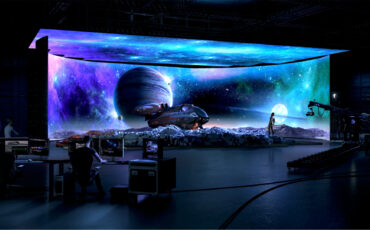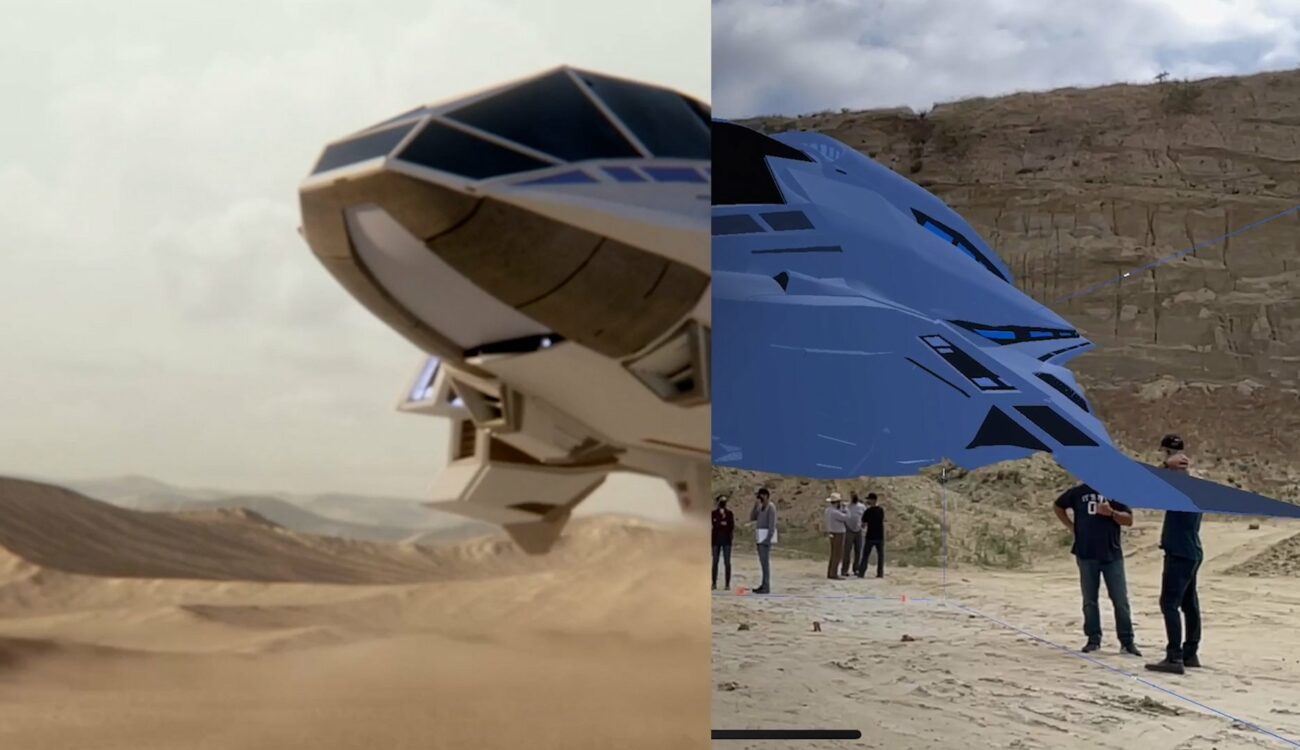
You might recognize the Fuzzy Door label from ‘Family Guy’ or ‘The Orville’, both Seth MacFarlane-helmed TV series. But in April 2023, a tech branch of the production company was formed to seemingly work on this new technology, called ‘ViewScreen’. Let’s see what it can do!
Virtual Production seems like a relatively new term in the filmmaking industry. However, blending real and non-real elements in the same frame is something filmmakers have been doing since the very beginning. While calling it a “new” branch of visual effects is definitively wrong, it has undoubtedly seen a Renaissance over the last few years. Older techniques, such as rear projection, have been made new again with the advent of Stagecraft Technology. And now Seth MacFarlane, who is best known as the creator and star of the TV show “Family Guy”, enters the ring with a helpful tool, that carries a rather Roddenberry-esque name: “ViewScreen”.
What is ViewScreen?
ViewScreen uses augmented reality (AR) to display VFX components within a composed shot. Put very simply, ViewScreen allows to you see real and non-real elements in the same frame. You can photograph an actor in a room, but on your monitor, you would see your actor standing next to a CG character that is controlled by a separate device. This technology was put to the test while filming the new “Ted” TV series, where MacFarlane was able to “direct and animate Ted’s face and body movements during the filming of the Ted TV series (airing on Peacock January 11, 2024) and gave the extended team visibility to evaluate shots in real-time,” according to their press release.
ViewScreen offers a Studio and a Scout version, the latter of which is available on iPhone. However, pricing information is not as transparent as I was hoping it would be. The ViewScreen website says “ViewScreen Scout is included with ViewScreen Studio and can also be purchased separately. Pricing for ViewScreen varies based on the requirements and complexity of the production.“
Learn Everything in Premiere Pro
A quick search of “ViewScreen” on the App Store yields no results. So I guess you’ll have to visit ViewScreen.com and request more info if you’re interested.
Alternatives to ViewScreen
I said Virtual Production is nothing new, and this applies to ViewScreen as well. I work on James Cameron’s Avatar films where Weta has been using a process called Simulcam which was invented for the first Avatar film and has been used on many since. However, ViewScreen is the next reasonable iteration of this technology, utilizing LIDAR technology from your phone rather than motion capture information from IR cameras. It is a much more accessible use case and an inevitable next step for augmented reality in filmmaking. Simulcam is an expensive alternative, and, as far as I know, is only used by Weta on productions for which they are a vendor.
Filmmaking in Unreal Engine also enables real-time compositing using a camera tracker to track the camera movement in 3D space, and relaying that to a 3D camera inside your Unreal scene. This, again, is not the same type of experience that ViewScreen provides, however, can yield similar results.
Countless apps utilize the camera/LIDAR sensor on the iPhone to integrate non-real elements into your shot. But none that we really recommend, so it’s important to do your research and see which ones will work well for what you need them to do. But the options are out there, in case you were not aware.
Who is ViewScreen for?
As of its launch, ViewScreen seems to be aimed more at big productions than at indie filmmakers. That is something that may change, as more and more tools are made available to lower-budget productions. I can’t believe Unreal Engine can still be downloaded for free. Nevertheless, MacFarlane is correct that this technology “takes the guesswork out of the directing process.” Being able to see your actor and VFX in the same frame is a game-changer for filmmakers.
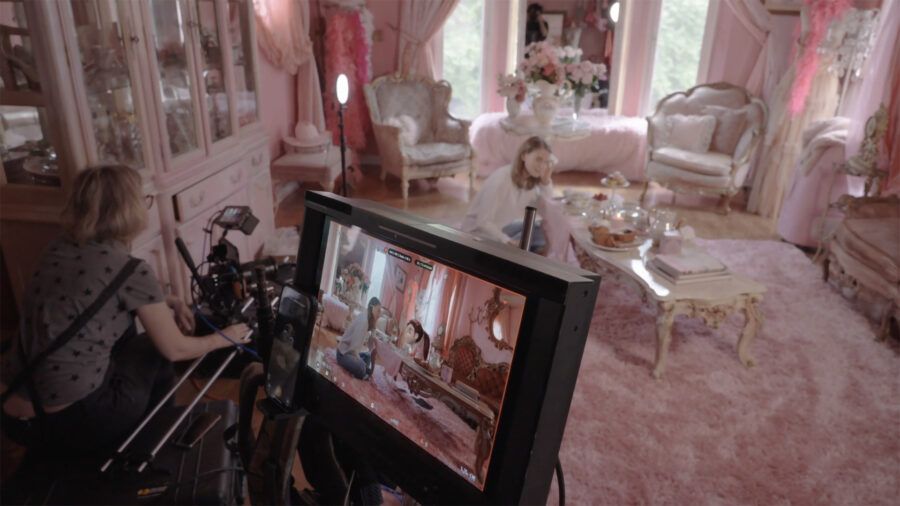
The next (logical) step would be for the actor to be able to see the VFX element while performing, but that technology is probably several more years away and most likely involves holograms. But hey, if anyone can do it, I’d put my money on Fuzzy Door.
Let us know what you think about ViewScreen in the comments below! Is this something you’d like to get your hands on? What would you do with it?



